Can HIV be blocked in the early stages of infection?
First, when exposed to HIV, in the early stage of infection, you can take AIDS blocking drugs within 72 hours to block it. And the sooner you take it, the better.
It happened in our local area, a real case. A police officer, in the process of arresting a suspect, the suspect put up a fierce resistance and the police officer was injured. The suspect was found to have AIDS during a routine medical examination. In this case, the police officer was professionally exposed. The police officer, grabbed the CDC and received AIDS blocking medication. Regularly taking it for a period of time, experiencing a great deal of psychological pressure and mental anguish, the final test results showed that the AIDS antibody was negative, and was not infected, and only then breathed a sigh of relief.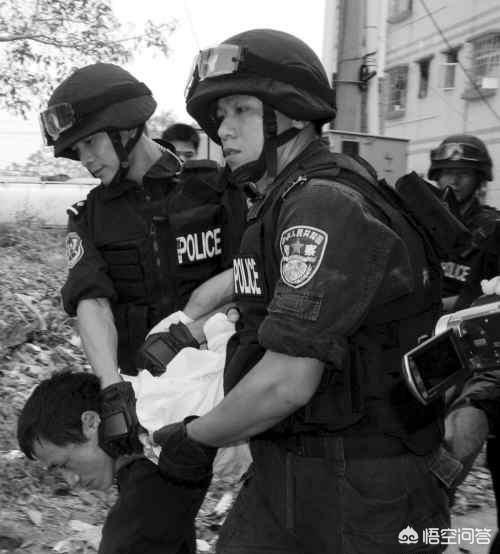
There have been repeated reports on the internet about police officers arresting suspects and being professionally exposed. There is still a high probability of avoiding infection by taking timely blocking measures.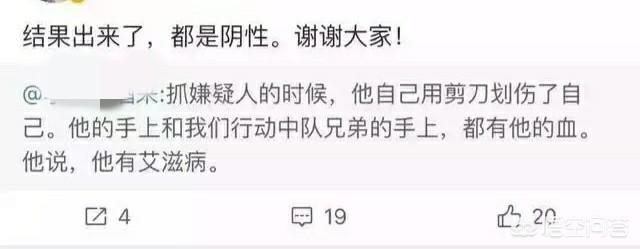
Secondly, although there are three main ways of spreading AIDS: sexual transmission, blood transmission and mother-to-child transmission.
① The vast majority of infected people contacted at work are still sexually transmitted.
② medical staff in the diagnosis and treatment of AIDS patients, if the needle pops out when drawing blood accidentally stabbed himself, or AIDS patients deliberately conceal the medical history, AIDS test results are not yet available, health care workers in order to save the patient's life, emergency surgery, the process of glove breakage, there is also a risk of infection.
Some time ago, a woman was rushed to our hospital. Urgently in need of surgery. And the results of the AIDS test, were not yet available. Her coworkers operated urgently for her life. After the surgery was completed, the test result came back HIV positive. There was a risk of occupational exposure during the surgery, and AIDS blocking drugs were taken.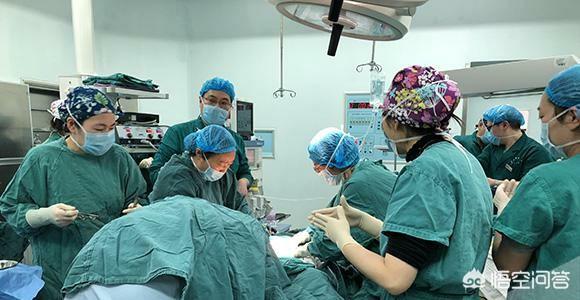
Third, many people in life do notKnowing that you can get HIV after high-risk sex, you wouldn't think of going to the doctor as early as possible, taking HIV-blocking drugs, and unfortunately contracting HIV.In fact, if, after accidental exposure to AIDS, theIt is possible to avoid being infected with AIDS after taking 9 HIV blocking drugs early on.
1.Within 72 hoursHIV blocking drugs should be taken immediately.And the sooner you take it, the better.
2. HIV-blocking drugs are combinations of several different drugs. See the chart below. They should also be taken continuously, not intermittently, as prescribed by your doctor.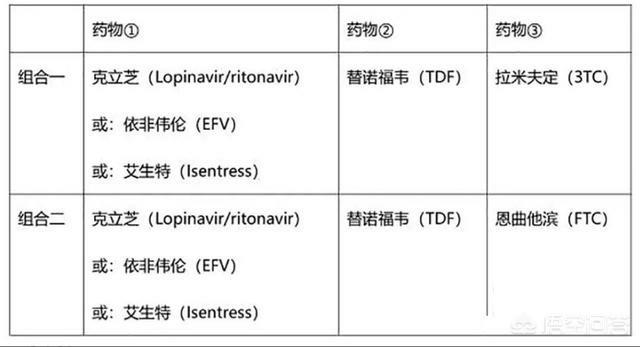
3.The effect of blocking pills, which is still significant, has been documented to have a failure rate of around 0.5%.
4. HIV-blocking drugs are prescription drugs.Although the blocking effect is obvious, the side effects are also significant.. As soon as possible after accidental exposureto the CDC and specialized infectious disease hospitals.Take it under the guidance of your doctor. Don't blindly trust internet sales pitches.
5. Not all hospitals, except the CDC and specialized infectious disease hospitals, carry AIDS blocking drugs. They are listed below.List of health care facilities with AIDS-blocking drugs, selected provinces and cities.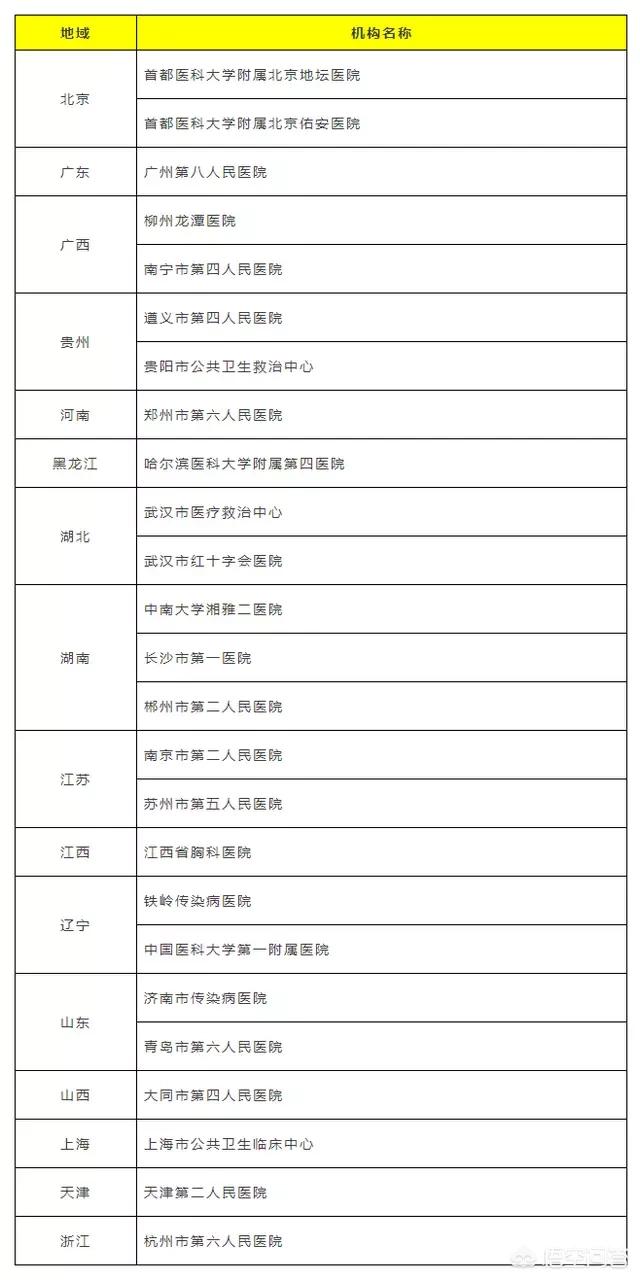
This question may have two levels of meaning: 1. Whether AIDS can be interrupted at the "early stage of infection", emphasizing the word "can"; 2. Whether AIDS can be interrupted "in the early stages of infection", emphasizing "whether it can"; and 2.
It is possible and probable to successfully interrupt high-risk behavior and suspected risk of HIV infection within a certain period of time. However, if the infection is in the "early stages of infection", it means that the person is already infected with HIV, and there is no way to cure it with the current medication.
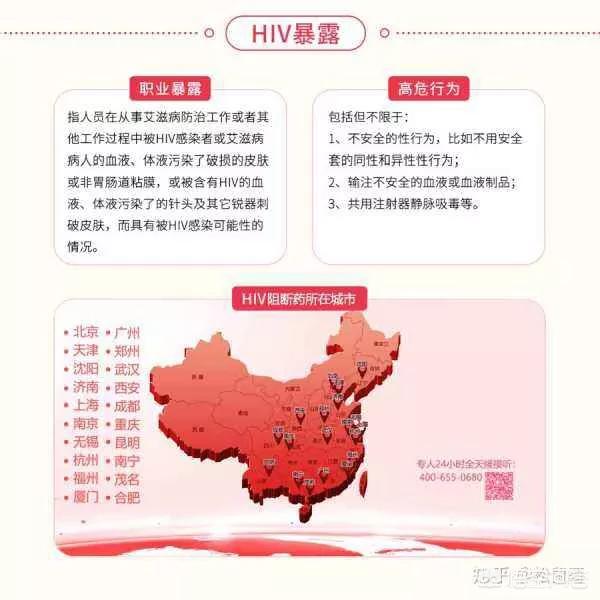
What is currently referred to as "AIDS blockade".It is actually the use of anti-AIDS drugs (cocktail therapy) to stop the further spread of the virus in cases where HIV may have entered the body, or where it has entered the body locally but has not yet caused a systemic infection.Nip the fire in the bud to prevent a spark from becoming a prairie fire.
To be precise, it is is to stop HIV from moving from a localized infection to a systemic one.As if there is a small folliculitis on human skin to begin with, if the bacteria inside the follicle can be killed and controlled from spreading into the circulation, the development of a condition called sepsis can be prevented.
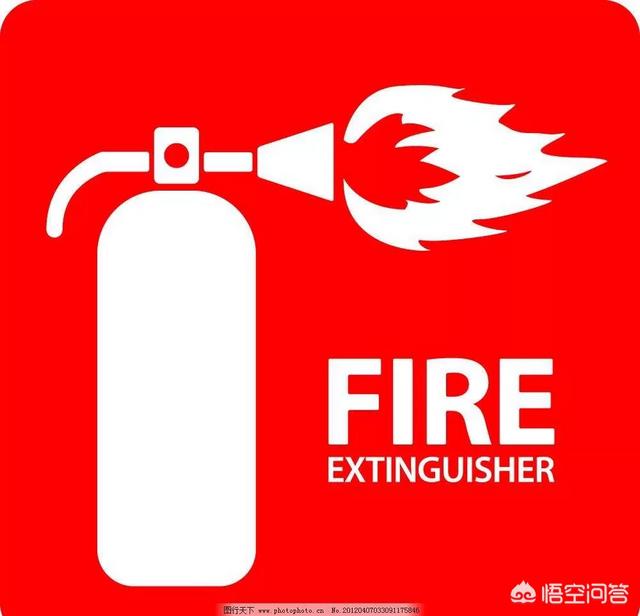
Let's start with a little bit of information about the process of HIV infection
After HIV exposure to skin and mucous membranes from various high-risk behaviorsHIV enters under the skin or mucous membranes. Recognized by a sentinel-like dendritic cell, this cell transmits the message of HIV entry to local lymphocytes. There, macrophages expressing the CD4 molecule are specialized to destroy foreign invaders.
Macrophages ingest HIV into their cells, but in the guise of HIV, do not kill the virus, theInstead, HIV takes advantage of the opportunity to enter the bloodstream and travel around, spreading to more organs., including collecting lymph nodes in the brain, spleen, and intestines and regional lymph nodes in other areas.
HIV thus takes hold in the body and begins to wreak havoc on the body's immunity.

How long after exposure can you block with medication?
It takes time for the virus to come into contact with more immune cells under the skin and mucous membranes. In general.There is a time threshold from the establishment of a localized infection to its dissemination throughout the body. That threshold, is 72 hours.
Within 72 hours, HIV infection may be largely localized; it is only after 72 hours that HIV may spread throughout the body.
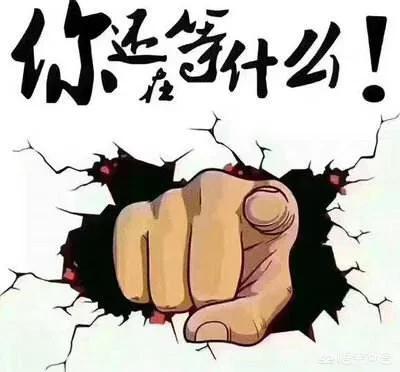
Is there any basis for post-exposure prophylaxis?
After an exposure occurs, effective post-exposure prophylaxis with adequate and potent antiviral medications can rapidly inhibit viral replication and block HIV infection if the 72-hour window of time for HIV infection is seized.
1. Cells that have been infected with HIV during exposure have a certain half-life and will always die, and when the cells die the virus has no basis for survival.
2.Strong antivirals inhibit HIV replication and prevent the virus from spreading to the neighborhood or even throughout the body.
3. After the gradual demise of HIV-infected cells, the virus has no basis for survival and can successfully prevent further HIV infection.
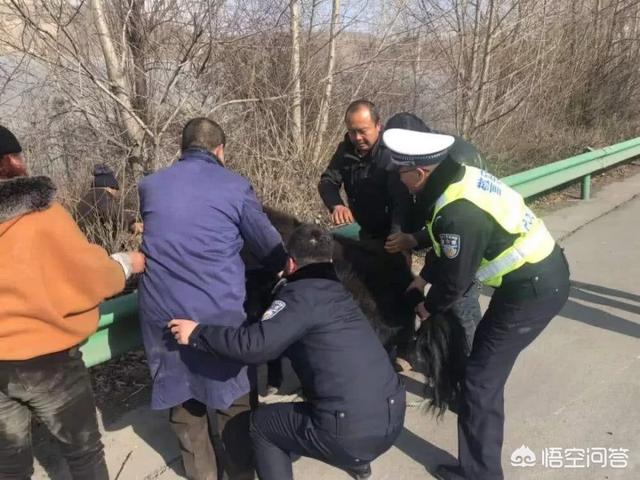
What is the best time to take the medication?
The earlier the medication is administered, the less chance of contact with immune cells due to fewer infected cells.Medication is most effective when administered within 2 hours;If you don't take the medication at the shortest possible time, it's still okay to take it within 72 hours; beyond that, there's basically no point in taking the medication.
So.If it is already in the early stages of infection, further medication will not help.

What is the best medication to block it?
Anti-HIV drug blockers are the medications used in the treatment of HIV-infected people, but theThe most powerful need to be applied.The antiretroviral drugs used are so-called "cocktail therapies": the use of antiretroviral drugs that are directed against various aspects of HIV replication and multiple targets.Several drug combinations strike with precision to stop the virus from replicating.
Drugs used, including entry inhibitors, fusion inhibitors, reverse transcriptase inhibitors, protease inhibitors, and integrase inhibitors.
Recommended programs, under existing domestic conditionsI can use tenofovir plus emtricitabine.Add another medication, such as dolutegravir. Take all three as soon as possible, the sooner the better. Combination preparations such as Suimeket and Jetflex can also be used.
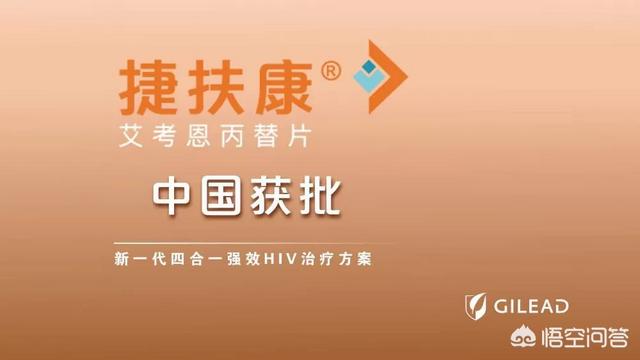
A 23-year-old college girl who contracted AIDS overnight can use the AIDS 72-hour "pill."
inspector
December 1, 2018
Recently about the topic of AIDS is very hot, often can see the relevant news reports, today and see a news, with description: this May, 23-year-old female college students were diagnosed with HIV infection, sitting in the doctor's office, brain blank, a burst of vertigo, want to cry, do not know how to do, feel the end of the world. Specifically after because she grew up beautiful, never lack of boyfriends around, basically no gap, during the fight with her boyfriend, can not stand the blow, WeChat added a strange man, one-night stand infected with the HIV virus. In fact, I'm a little puzzled is how in the doctor's office, HIV test results are their own in the CDC to get, belongs to personal privacy, medical staff also have no right to know.
The image is not related to the text.
Nowadays, we are especially sensitive when we see words like college students and AIDS, thinking that what's wrong with college students in schools nowadays? But is this really the case? I hold a negative attitude, in my previous articles I have discussed the trend of the growth of AIDS, it is true that the number of college students infected with HIV is on the rise, the reason is because of the black international students, etc., but we have overlooked one detail, that is, China's such a huge population base, only the school physical examination is better to centralize and unify, and the migrant population, the rest of the community is not so good to gather together! And this population is many times the size of the college population, so can we monitor them?
The image is not related to the text.
We deeply regret and sympathize with what happened to this fancy 23 year old college girl, but if we had more medical knowledge in general, the outcome might have been completely reversed. Of course it is most appropriate for us to respect ourselves first and foremost to reduce the chances of infection, but when something unfortunate happens, we should always have some common sense or knowledge to protect ourselves. Let's talk about it in segments below.
First, even if we can't control ourselves, it's better that we should know that condoms work than that more serious consequences happen later.
Secondly, choose 72 hours HIV virus blocking drugs to save themselves, now this drug is not popular in people's consciousness, I hope that friends who see this article to share more to save us more people, HIV blocking drugs is not a drug, is a group of drugs, antiviral, 2 hours to take the best results, can be taken within 72 hours, the chances of failure is only 5/1000, so it is called prevention of AIDS "emergency contraceptive pill". Therefore, it is called the "emergency contraceptive pill" to prevent AIDS.
1. Place of purchase: Infectious Disease Hospital or CDC.
2. Course of treatment: 28 days.
3, the price is a bit slightly expensive, a few thousand RMB.
The image is not related to the text.
Thirdly, if we have unprotected sex, I suggest that we do so, the cost-effective is the highest (of course, some friends will say, for the infection of the HIV virus, do not mention cost-effective, there is nothing more precious than this, but economically for us ordinary people, or relatively large, and can not be known to other people) So, my advice is to follow the following method, can best So, my suggestion is to follow the following method, which can best avoid HIV infection and reduce the financial burden of everyone.
1. When we are not sure whether the other person is infected with the HIV virus, we will first go to an infectious disease hospital or disease control to buy medicine. It is relatively cheap to buy the medicine for a few days first, which may only cost a few hundred dollars.
2, ask each other to do HIV virus test, to the hospital CDC can be, really can not, in the university campus can also anonymously buy HIV urine test kit, test his urine is much more convenient.
3. When he is detected to be carrying the HIV virus, we have to spend even more money to buy a 28-day course of HIV 72-hour blocking medication to protect ourselves. When the test came back negative, we were relieved.
HIV 72-hour blocking drug side effects, there are nausea, dizziness, stomach pain, drowsiness, hallucinations, etc., many people can not stand and moderate interruption, here to remind our friends is to remember to interrupt, think about the consequences of it, and then bitter we have to insist on taking the course of 28 days.
The image is not related to the text.
Let, the tragedy of the 23-year-old female college student not be repeated, not to cry, but let us know what to do to solve the problem.
It takes you and me to make the world a better place.
Welcome to share and reprint, if you like this article, remember to like and pay attention. Pictures from the network, infringement and deletion.
In 72 hours, 24 hours is what works best. It's better to be clean!
This question and answer are from the site users, does not represent the position of the site, such as infringement, please contact the administrator to delete.